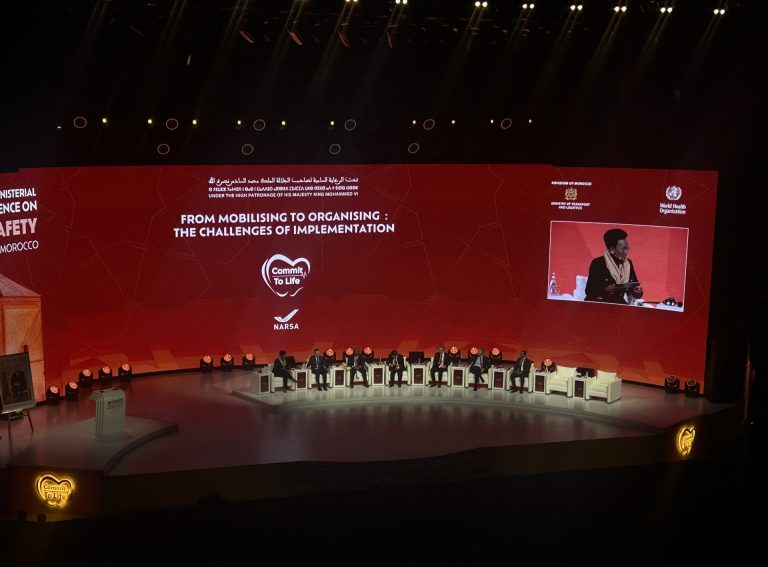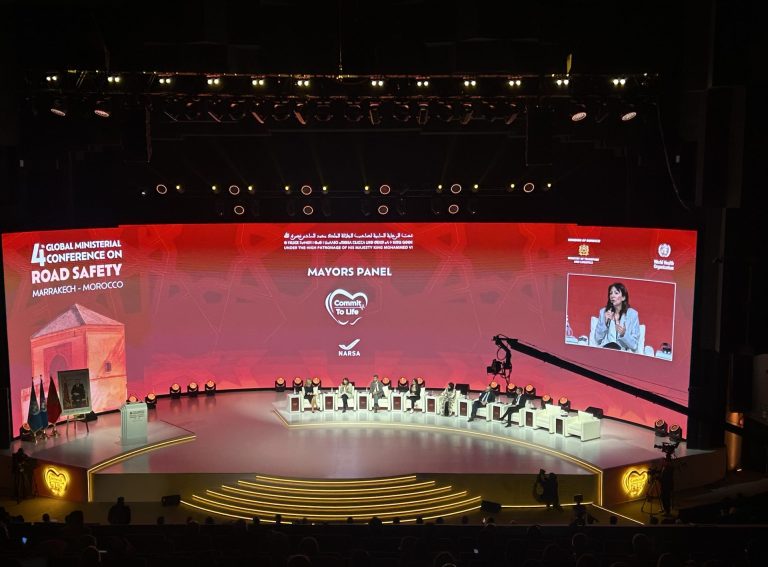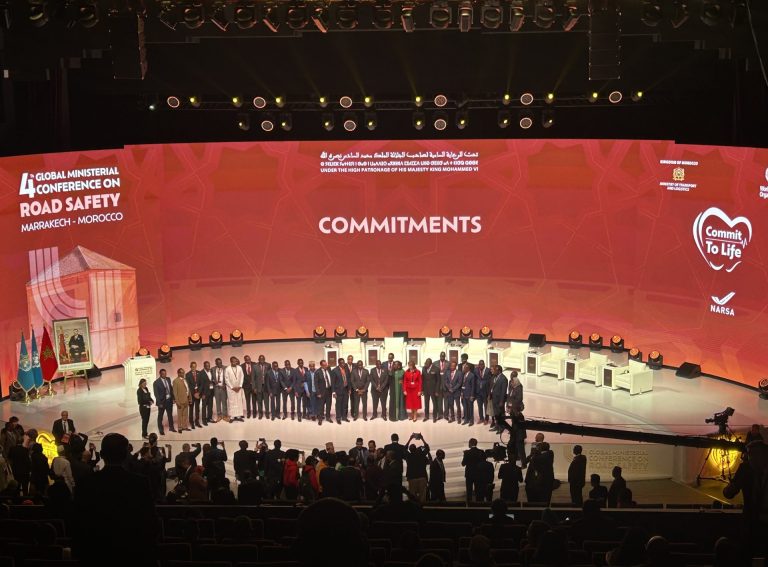Bike subscription brand Swapfiets has found that 90% of Brits fear cycling in urban areas.
In a Censuswide survey of 2000 respondents, 68% of urban cyclists fear being hit by a vehicle and 54% worry about becoming a victim of road rage.
To address cycling fears, the brand is urging the UK government to increase its active travel investment in the October budget.
“We want to get the sum to what was originally promised for active travel – £200 million – or as close to this as possible,” Swapfiets’ UK Country Manager Rory MacPhee told Zag Daily.
“This was an accurate projection of what the works would cost for new cycle routes and infrastructure improvement – as well as funds for educating the nation on sustainable forms of travel and urban cycling.”
Last year, the UK Government announced £200 million for active travel which Cycling UK found to be cut to £170.6 million shortly after.
Not only did the active travel investment see a cut of nearly £30 million, but Swapfiets also believes it was distributed unequally around the country. For example, Suffolk received more than £10 per capita whereas 40% of regions received closer to £2.
In Sheffield, 62% of cyclists feel unsafe. 59% of cyclists in Nottingham feel unsafe, 58% do in Brighton and 55% do in Plymouth. Swapfiets is calling for these cities to be prioritised and for the previous government’s original £308 million proposal to be reinstated, which was cut by £200 million last year.
“Improving cycling routes and infrastructure would make a big difference in helping the 68% of Brits who feel uneasy about traffic to feel more confident on the road,” Rory said. “Dedicated cycling lanes would also greatly help to alleviate these concerns as it would create a safer and more enjoyable environment for cyclists.”
Earlier this year, Swapfiets found that cycling fears were exacerbated amongst women. 90% of women fear urban cycling in the UK of which 79% are worried about being hit by a vehicle and 62% are worried about road range. Swapfiets also found that 5% of women cycle to work compared with 20% of men.




